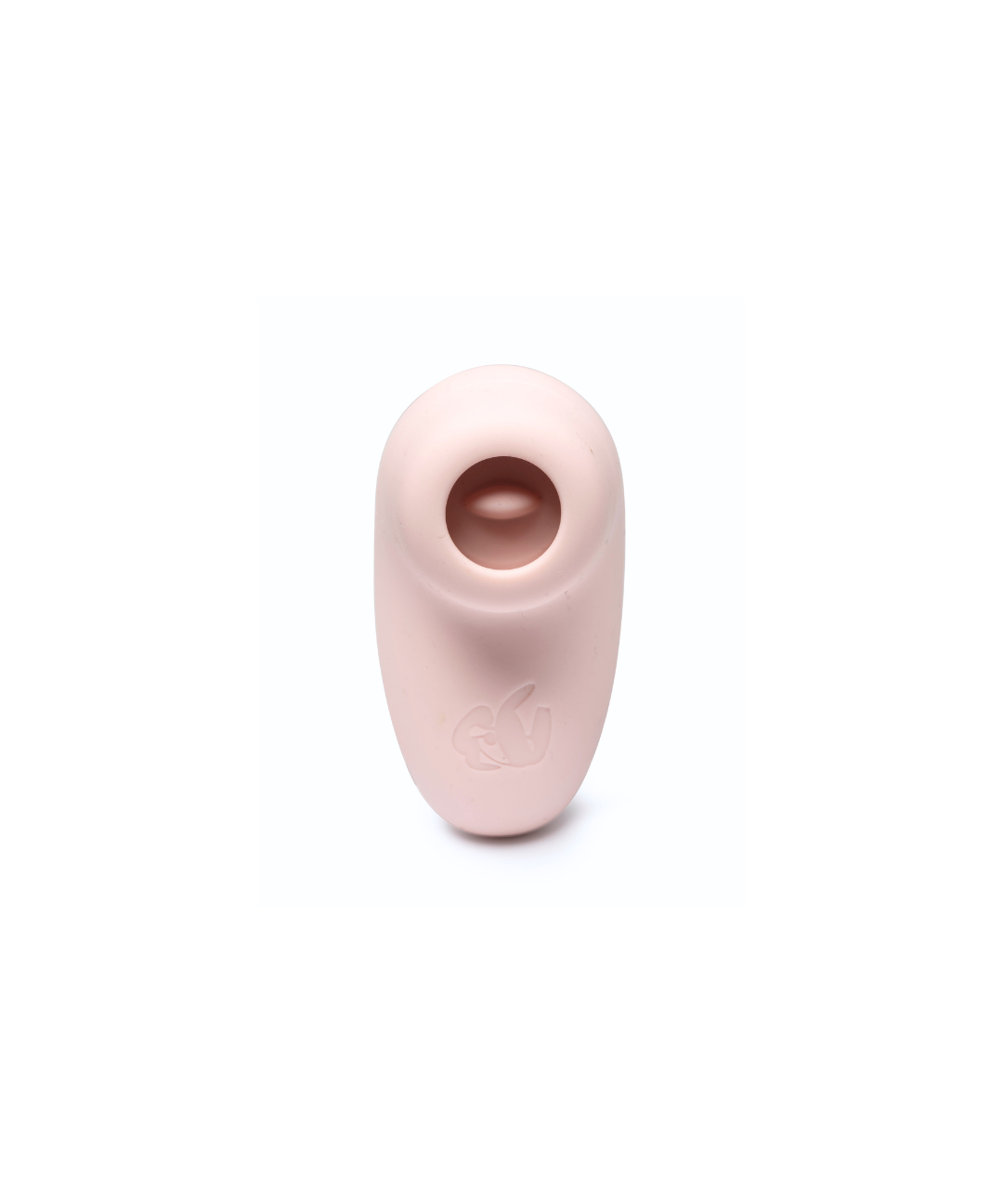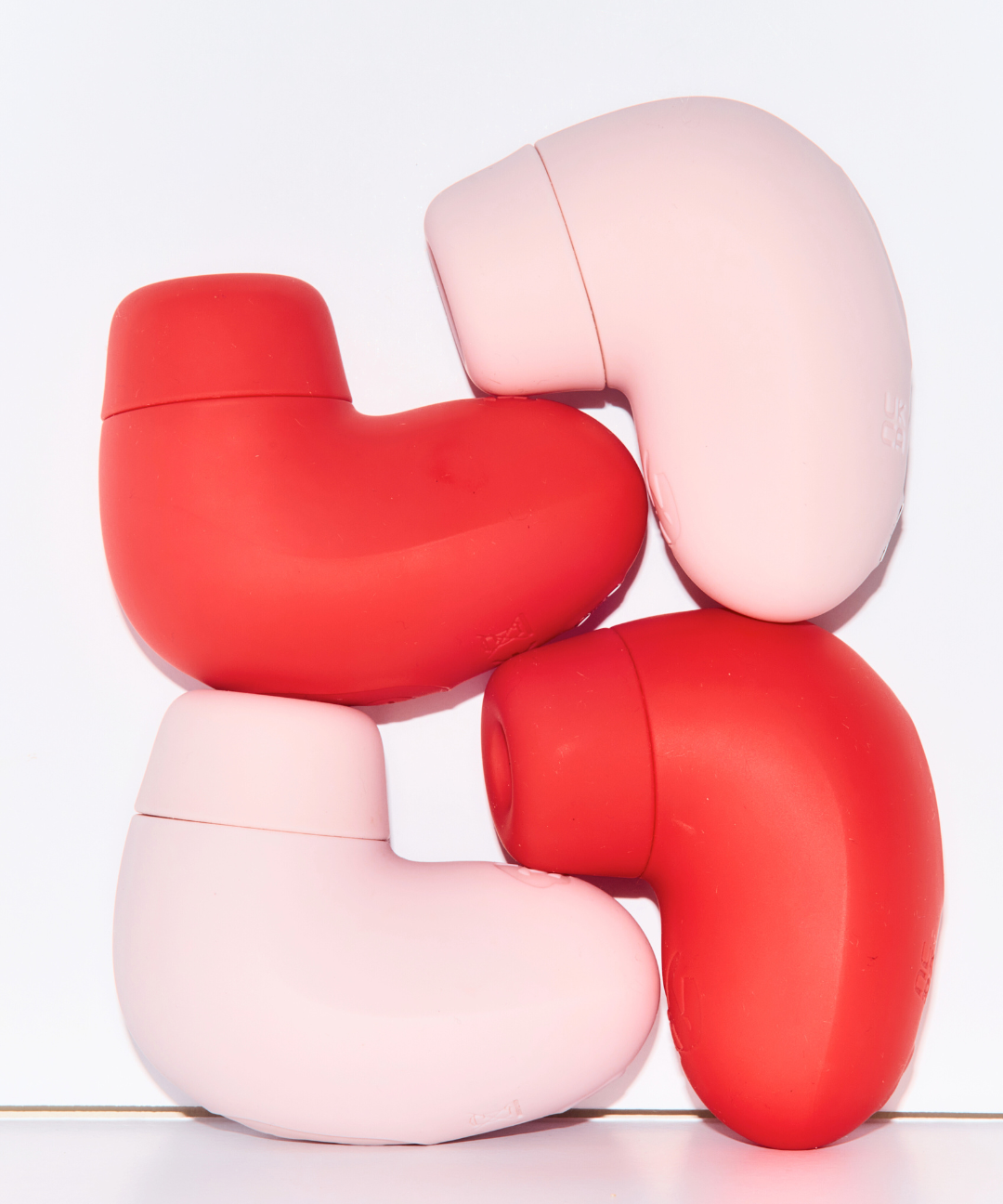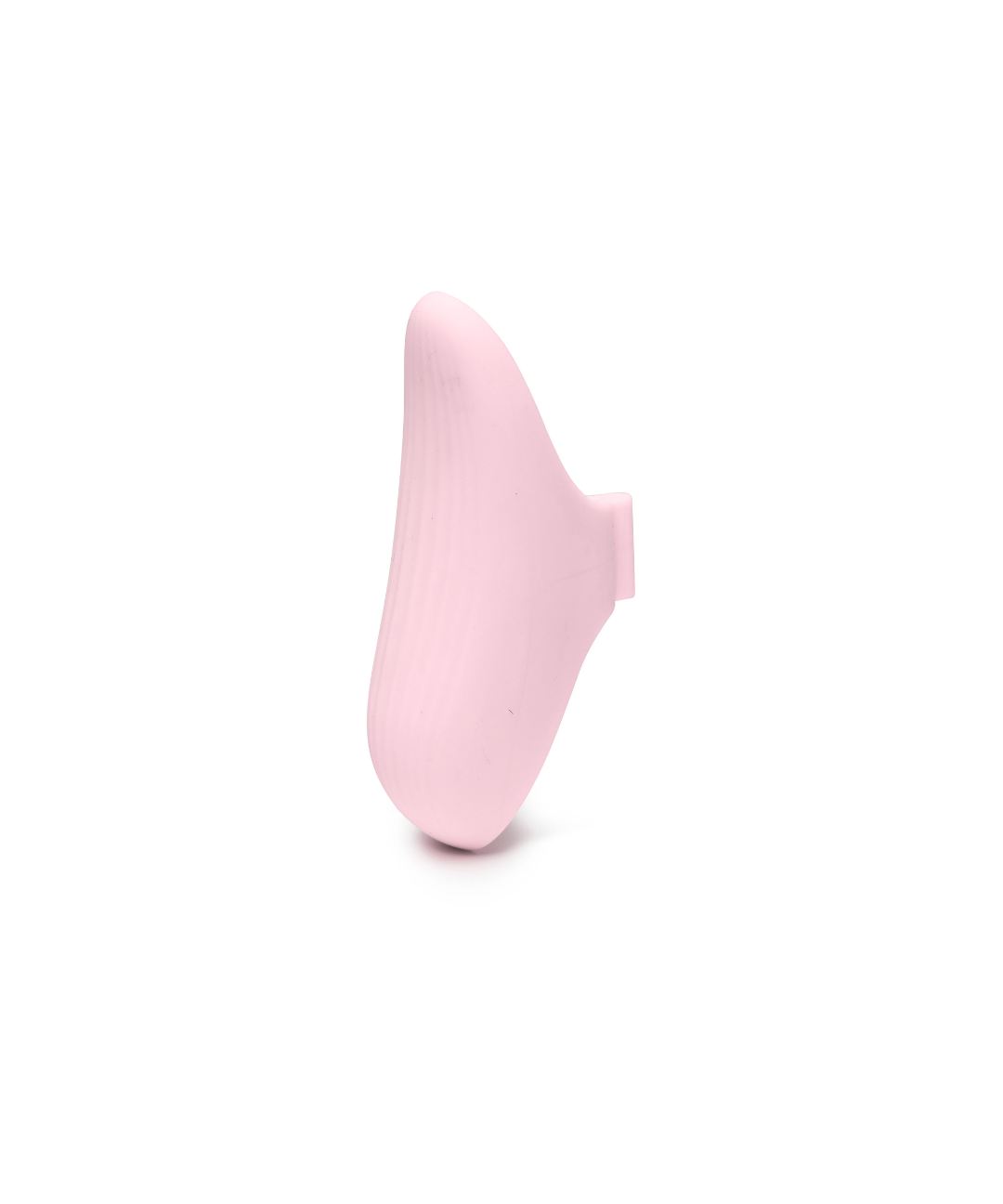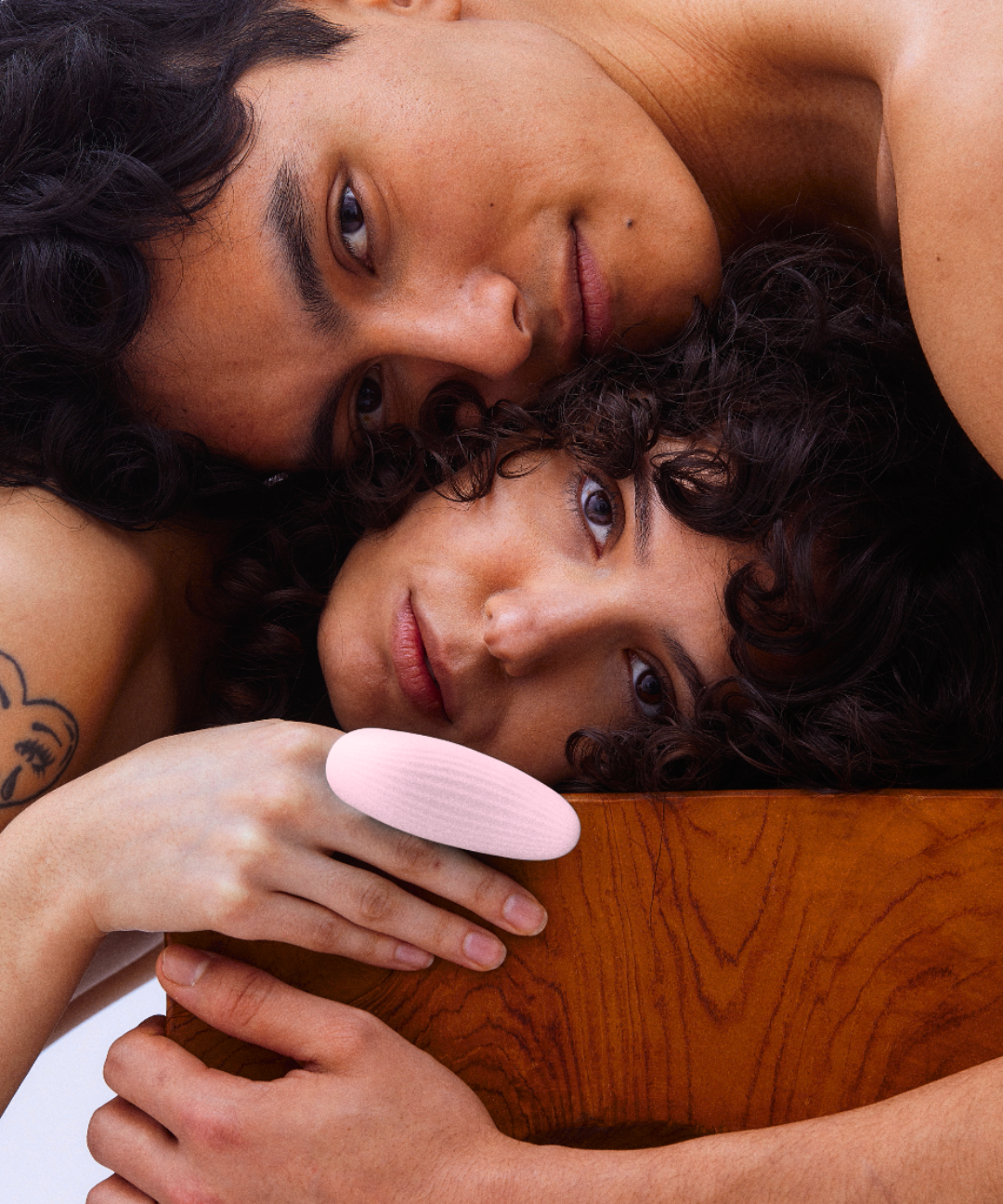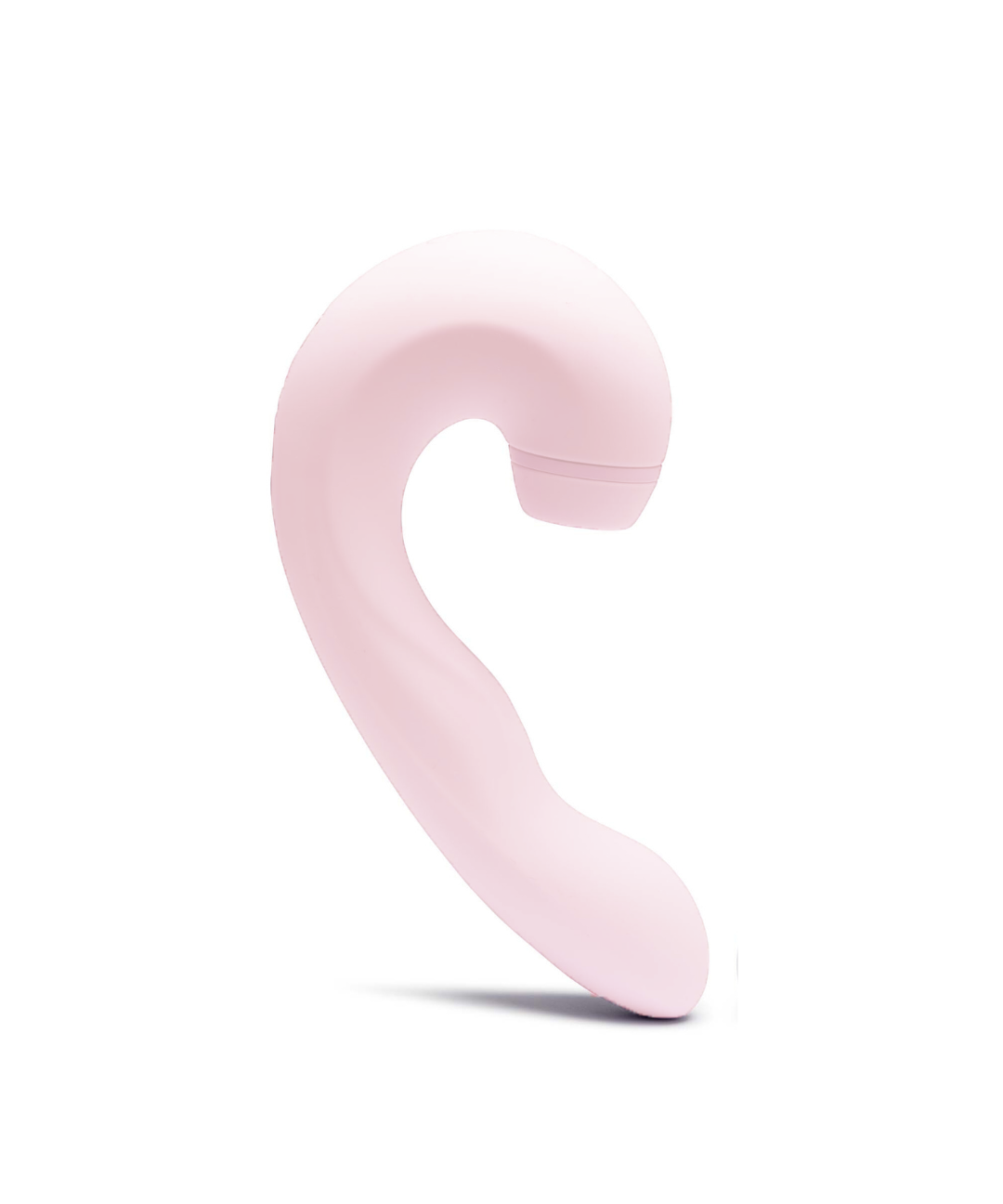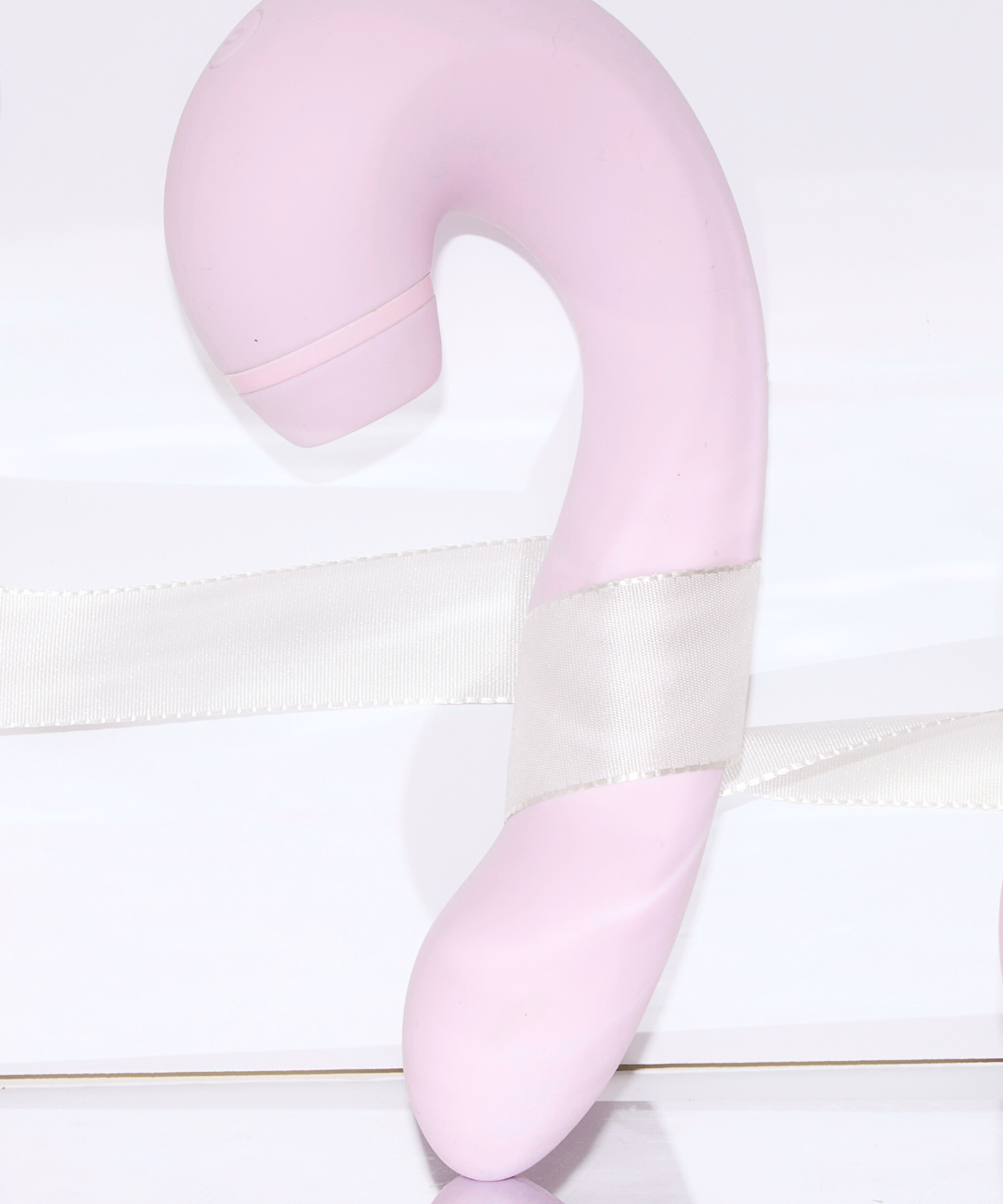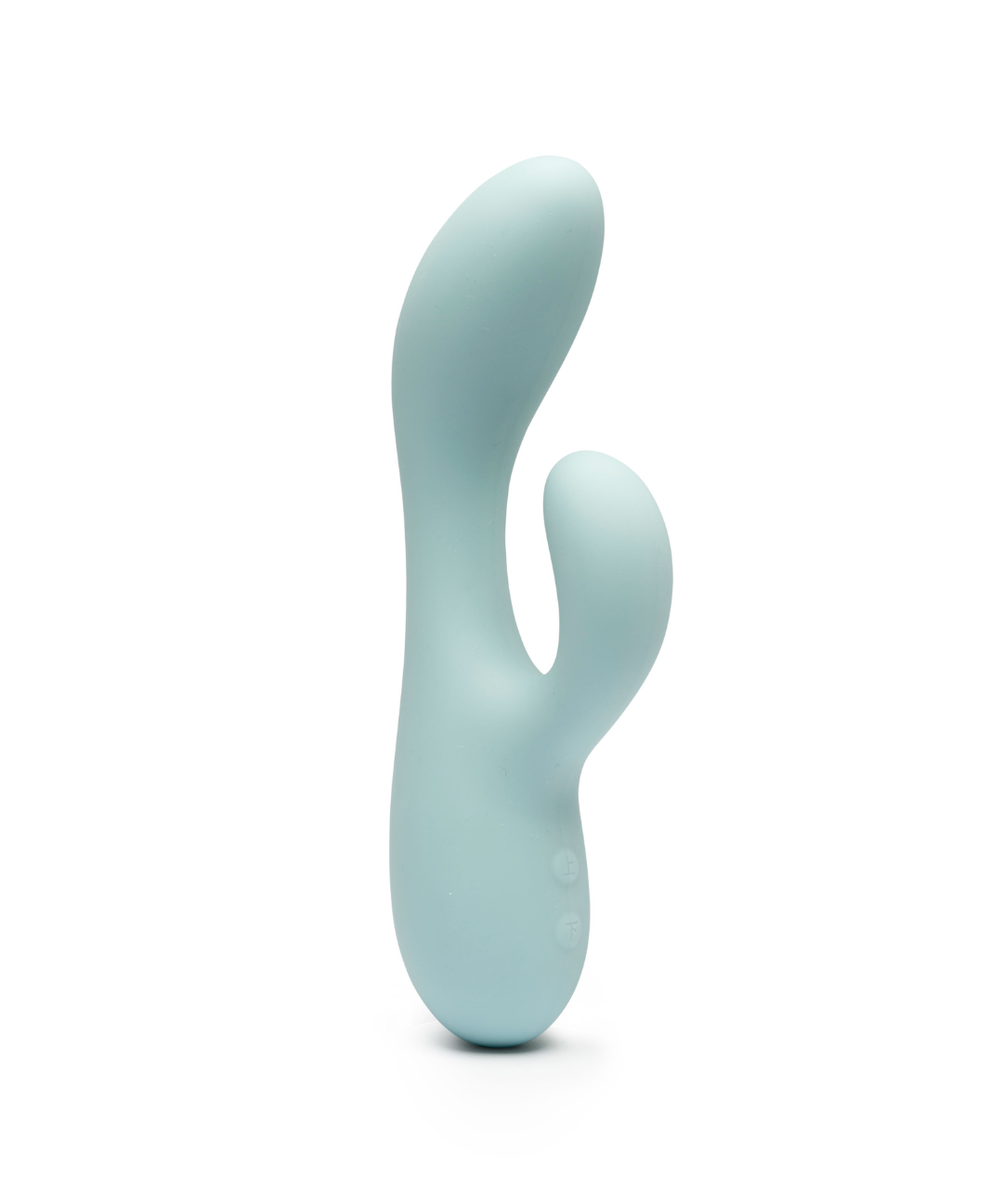Text by Cecilie. Illustration by Ida Lindbæk.
It can be difficult to navigate an everyday life characterized by endless mood swings, violent ups and deep depressions. In any case, it can feel like a lot of hardship - I think so.
But living with bipolar disorder is more than just ups and downs. It is also largely about insight, boundaries and care - both for others and for oneself.
Bipolar mental disorder
Bipolar disorder is characterized by periods of different moods. I myself have Bipolar Type II, where I mainly experience periods of depression, but where I also experience hypomania (a milder form of mania).
In depression, the mood is very low and everything seems hopeless. In hypomania, it is the exact opposite. The mood is unusually high, and you feel that you can do it all. Many with bipolar are only diagnosed late, as you rarely go to the doctor because you feel "too well". One often begins by being treated for the depressive part, which (along with an increasing number of illness periods) can strengthen the hypomania, and it is often only when control is lost that the hypomania is discovered.
I no longer have numbers on my periods of depression, but I have probably been in hypomanic 3-4 times, I think. I have always had a tendency towards depression and the self-critical thoughts that often go with it. I remember when I was little I was very frustrated with being sad all the time for no reason. I had not experienced hypomania until I started anti-depressants at the end of high school.
Constant ups and downs
In the hypomanic, all my emotions are magnified and everything feels like it's merging into a higher unity. I can do more, laugh more, sing more, love more. I am strong, funny and talented. I am everything I am not in depression.
The depression pulls me down and makes me cold. I cry a lot and feel alone. I am losing hope and the ability to see that it will ever get better.
I become optimistic in the hypomania. It will all work out. It should go more than enough. Everything is amazing and beautiful. My general pace picks up and I think faster, react faster. Others are slow and boring. Something has to happen all the time.
When I'm depressed, I sleep more. I can't bring myself to do anything. I can neither cook, clean up, nor take a shower. My hair gets greasy and I feel clingy and embarrassed in front of my friends and my boyfriend. They say it's okay, but I can't believe them.
When I'm hypomanic, I'm so happy I could explode, and I'm passionate about sharing the joy with others – even if they don't want it. I get adventurous and feel easily irritated.
When I'm depressed, I don't have much energy for sex, but it's a way I feel loved and close to my boyfriend. It's something I crave - especially in depression. So I feel isolated more easily because I don't have the energy for the intimate. It becomes a vicious circle.
When I'm hypomanic, sex is a breeze. It's fun and exciting. I often feel incredibly sexy and ready for everything - even if it's something I couldn't normally come up with. I'm testing my limits. Exceeds them. There are no consequences when I am hypomanic.
The reality of the hypomanic
After a long time in depression, it can feel like a liberation to come out and experience the hypomania. However, it rarely stays that way. Loss of control and overstepping of boundaries is the truth behind hypomania, and I am often embarrassed by the things I have done in that state. When you feel that there are no consequences, you challenge life and cross boundaries. And I have done that.
I have often acted overconfident with the idea that I have finally found my true self. This thought was especially present during my first real hypomania, where after a long time in depression I felt that I had forgotten who I really was. I thought maybe it was just the way I was. Not caring what others thought and cool about it all.
I've gotten good at knowing my signs of depression and can often tell if I'm depressed or just plain sad, but I'm still trying to navigate when I'm hypomanic and when I'm just fine. This creates a lot of unnecessary worry and I generally overthink my feelings. Am I allowed to like this? Is it ok that I'm so happy? Or am I getting sick? I also find it difficult to know which boundaries are real, and this not only gives rise to an identity crisis, but also challenges my close relationships.
My boyfriend and I have been together for almost 5 years. We have a good relationship, but my ups and downs have been hard on both of us. I still don't know if I was hypomanic or just crazy happy when I first started dating him. Falling in love is often a powerful experience that can also trigger hypomania. Hypomanic or not, at least I took some chances that I probably wouldn't do now. On the first date at his house, I had told myself that nothing sexual should happen, and I had generally been quite unsure if the date was even a good idea. I think I had been there for 2 hours before I unprompted let the straps of my dress fall over my shoulders - allowing the dress to easily slide off my body. I stayed with him for 24 hours and we became lovers a few weeks later.
I have moments when I can be grateful for my suffering. Sometimes it gives me a push to dare more, without it being too much. Other times I want it
far away.
For me, it is most obviously hard during the depressive periods, when I feel that I can't do anything, and it is also what is easiest for others to get used to. many also know roughly how to deal with it.
Hypomania can be a little harder to understand, but it can be just as painful as depression, and confusion and lack of insight only make it worse.
My boyfriend once mentioned during one of my hypomanic periods that my increasing sex drive made him feel like that was all he was there for - that I could only use him for sex. I was shocked and had a hard time believing him. For me it was a celebration of our relationship and a way for me to express my love for him. Because words couldn't do it.
In my head, something important and exciting had to happen all the time, and why not also take advantage of the fact that for once I felt as sexy as he thought I was? All the confidence I didn't normally have came roaring through me and my love for him was so fierce I couldn't hold it. I remember being told by a friend that I couldn't still expect the same zeal as at the very beginning of our relationship. I couldn't understand that at all. In my eyes, our love was even stronger than ever, and I stubbornly expected my boyfriend to feel exactly the same way. Yes actually, I couldn't understand at all that he didn't feel the same way as me - that everyone didn't feel exactly the same way as me. In my eyes, everyone else was misunderstanding and unfair. And my eyes were all I could see with.
Finding the balance
Today I am well medicated but still have ups and downs. However, it gets better all the time.I usually say that my latest depression is the best I've had. Because (almost) every time I enter a period of illness, it is milder than the previous one.
I believe that a large part of learning to live with bipolar disorder is a mixture of good communication, insight and acceptance – both in relation to others but also to oneself.
I am constantly getting better at navigating my mood swings because I openly talk to
my friends, family, and boyfriend about not just how I feel, but also about what I (and what they) need, in case of ups and downs. We set boundaries and talk together, and their understanding and care have helped me accept the diagnosis.
Because there is much adversity, but there is also much else. I can be spontaneous, funny, and creative, and I have gained an insight into my feelings and a care for both myself and others that I don't know if I would have had without my bipolar disorder. It's a balancing act between two extremes, and as long as I don't smoke all the way up or down, it doesn't matter with a little variety.
I will not go so far as to say that I would not have been without the disorder. But I would say that I wouldn't be able to know myself without it. And I actually quite like myself.

